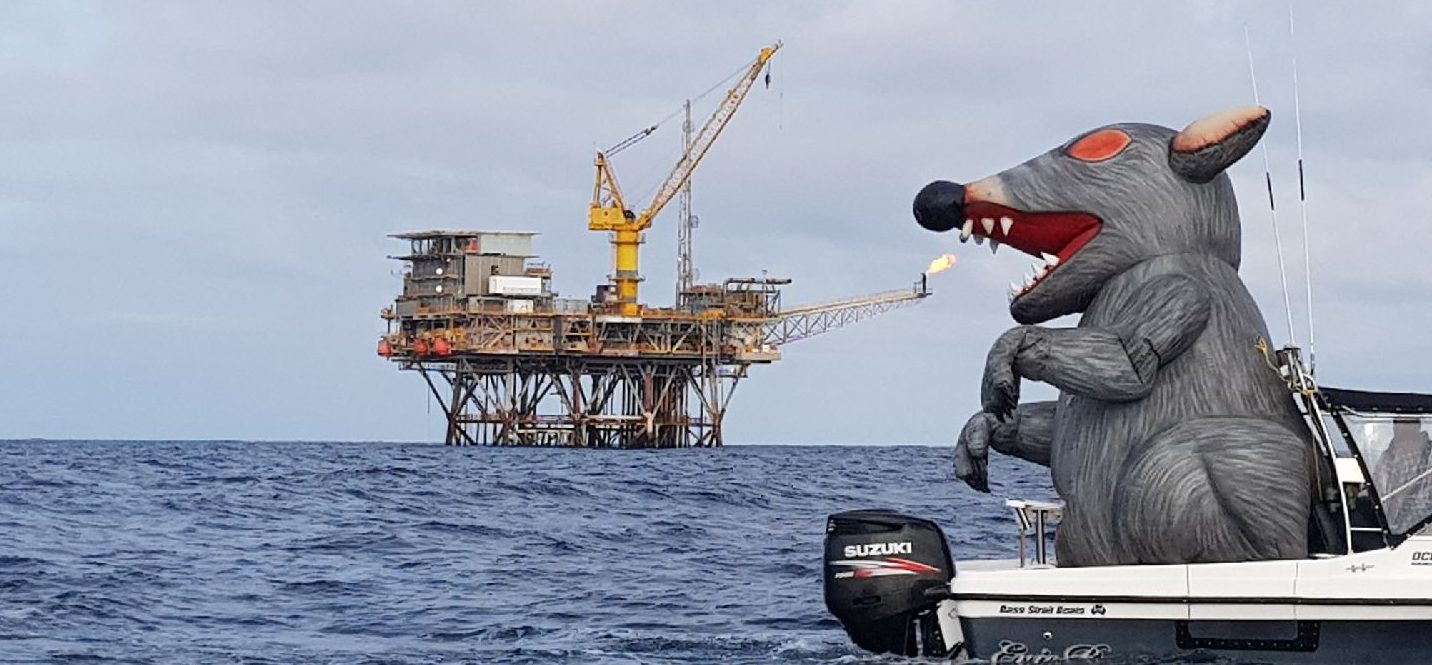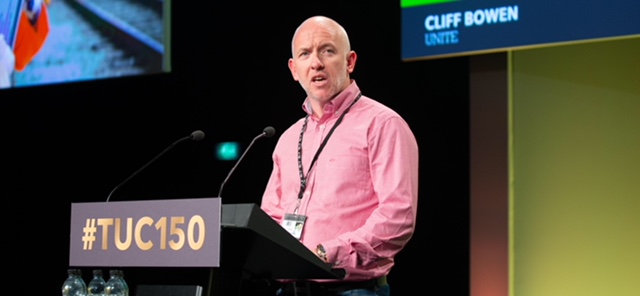â€Race to the bottom’ disease must stop
Unite closed its consultative ballot of North Sea offshore members today (March 27), and the results were resoundingly clear.
An almost unanimous 94 per cent voted in favour of proceeding to an industrial action ballot to stop the vicious attacks on jobs, pay and working time that North Sea offshore workers have suffered.
If a potential North Sea strike action were to occur, it would be the first in a generation and would affect operations on nearly every installation across the North Sea, where Unite’s members covered by the Offshore Contractors Agreement (OCA) work.
Offshore workers have faced a ruthless oil industry which failed to strategically plan for a slump in oil prices. Since the price slump, an estimated 10,000 offshore jobs have been lost, alongside attacks on pay and imposed changes to shift patterns from two weeks on, two weeks off to three weeks on, three weeks off.
“This massive support for industrial action should come as no surprise to offshore employers,” said Unite Scottish secretary Pat Rafferty.
“Since the turn of the year, workers covered by the OCA have been at the coal face of the opportunistic cuts agenda, which has continued unabated across the industry.
“The industry agenda is clear in that it wants to impose a reduced number of employees to work longer and for much less – it’s a â€race to the bottom’ disease that is unsustainable and unacceptable,” he added.
The consultative ballot results come in the wake of yet another blow to offshore workers, as oil giants Shell and Taqa announced yesterday (March 26) that they would be axing a further 350 North Sea jobs, as well as imposing changes to shift patterns.
The news comes less than a week after chancellor George Osborne announced an eye-watering ÂŁ1.3bn tax break for the UK offshore industry to encourage growth and sustainability.
Rafferty said the “industry got everything it wanted from the chancellor” but nonetheless the “cut and gut of ordinary offshore workers’ livelihoods and terms and conditions goes unchallenged while executive pay across oil company majors goes through the roof.”
Indeed, in 2014, for example, Royal Dutch Shell generated net profits of $15bn, while its CEO Ben Van Beurden became the second highest paid boss in the FTSE 100, with a remarkable pay deal worth €24.2m.
Rafferty noted that the near-unanimous results of the consultative ballot shows the extent to which offshore workers have had enough.
“Unite’s message to OCA employers is simple: Our members are not prepared to accept these impositions and they want proper participation over their livelihoods and the future of the offshore industry,” he said.
“It’s not too late to talk but the ball is in the employers’ court,” Rafferty added.
He also argued that although trade unions are as yet the only real barriers to the oil industry’s attacks, politicians need to get involved, too.
“[Politicians] need to wake up to the reality of what’s happening in the North Sea – it’s a growing scandal which could turn into a catastrophe.”
 Like
Like Follow
Follow


